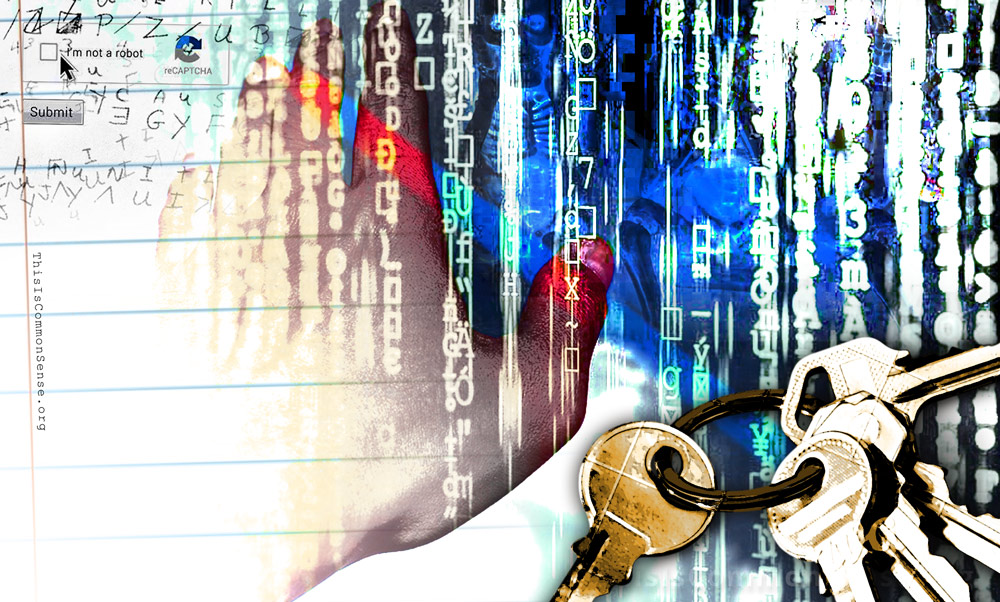If you’re hounded — or merely have reason to suspect you are about to be hounded — by censors and spies, there are things you can do to protect yourself.
Self-defense often starts with your communication devices, the kind of things that Big Brother and Big Corporate Overlords tend to target. Reclaim the Net has put together a fairly comprehensive overview and explanation of ways to reduce your risk.
For example:
● Use a strong passkey.
● Turn off fingerprint unlock and face unlock.
● Be alert to phishing attempts.
● Delete unused apps and data.
● Delete photo metadata before sending or posting photos.
● Disable location services.
● Use airplane mode when preventing access to you is more important than having access yourself.
● Usea VPN to evade censorship and tracking.
● Be careful what kind of information about yourself you make public.
● Take steps to recover a confiscated or stolen device, or at least to make its data unrecoverable.
● Use anonymous accounts.
● Use encrypted text messengers.
● Switch to more privacy-conscious browsers, search engines, and ISPs.
Depending on your circumstances, some of these tips will be more relevant than others, of course. But it’s worth perusing the whole list.
Of course, to go to all this trouble, you’d have to believe that big governments and mega-corporations are trying to surveil you. As if we lived in one of those dystopian futures they talk about in scary science fiction stories.
And who could ever believe that?
Well . . .
This is Common Sense. I’m Paul Jacob.
See all recent commentary
(simplified and organized)
See recent popular posts


